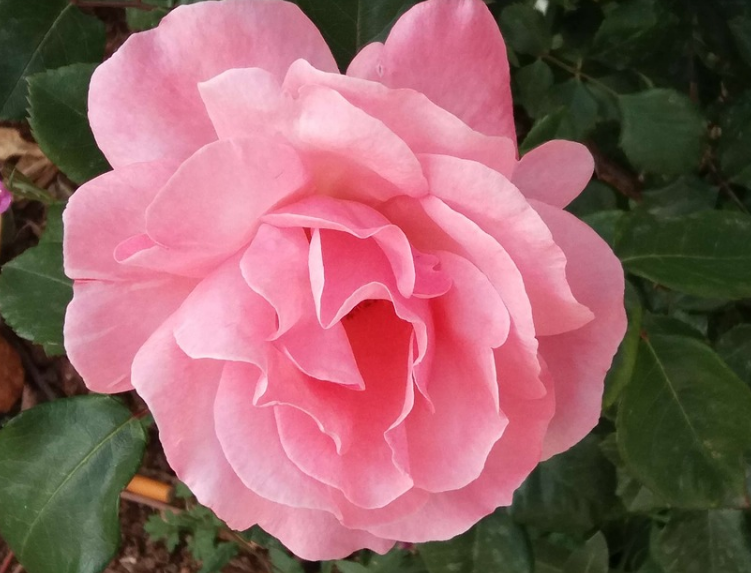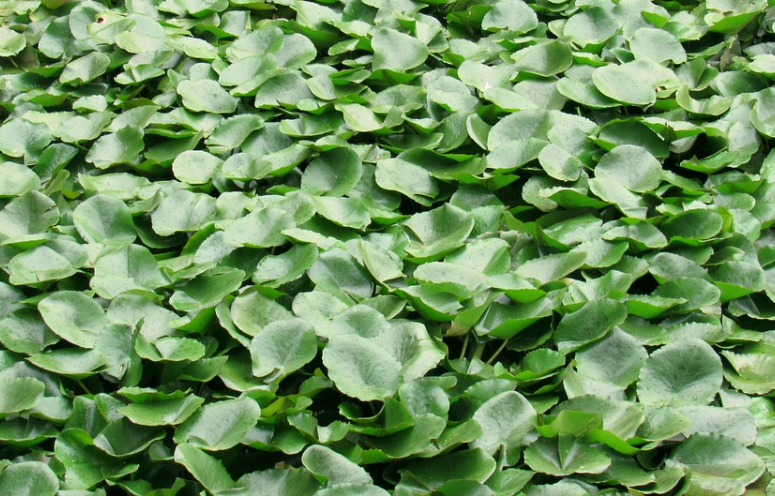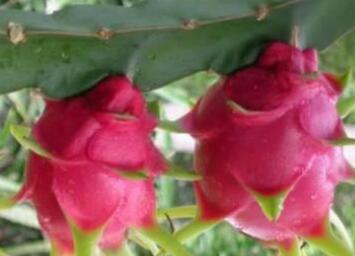How many months does the Queen of Flowers bloom? Why are the flowers getting smaller? (with breeding methods)
Rose, known as the queen of flowers, the four often blooming, beautiful flowers, a variety of colors, deeply loved by everyone. So when do the rose flowers bloom? Why are the flowers getting smaller and smaller? How to breed it?
First, when does the rose bloom?
Rose flowers are slightly fragrant, flowering from April to October, the most blooming in spring, fleshy rose fruit, red and yellow after maturity, top split, seeds for achene, chestnut brown.
If in the south, generally speaking, as long as proper management, coupled with reasonable pruning, it can be open all the year round.
Rose flowers like warm climate and plenty of sunshine. In the north, only spring, summer and autumn bloom, but will not blossom in winter.
Second, why the rose flowers are getting smaller and smaller?
1. Lack of light
Rose flowers like to have plenty of sunshine, if they are cultivated in a shady environment for a long time, the branches are slender, the leaves are thin and light, the flowers are few and small, the flowers are dim, or even do not blossom, we should pay attention to increase the light, the conditions allow open-air cultivation is the most conducive to the growth of rose, so as to ensure as much light as possible.
2. The temperature is too high
When the temperature exceeded 30 ℃, the growth of rose was inhibited, the flower buds no longer differentiated, the differentiated flower buds and formed flowers developed slowly, the flower buds were few, the flowering was small, the flower color was dim, and the flowering period was shortened. This kind of situation mostly occurs in the building, generally put the flowerpot on the south-facing cement balcony to cultivate, the balcony temperature is high at noon in summer, the basin soil is easy to dry, and the hot sun exposure, the basin wall temperature rises can burn tender root, cause the growth to weaken, not only the flower is thin and small, even cause the plant death. In order to prevent this phenomenon, some measures should be taken:
① do not put the flowerpot directly on the cement floor, put a piece of wood under the pot and sprinkle water on the surrounding ground.
② put another large basin on the outside of the basin to prevent the tender roots from burning
③ hangs bamboo curtain around noon to shade and cool down
④ plucks off the smaller, light-colored buds and retains nutrients to produce good flowers after the heat.
3. Lack of nutrition
Rose blossoms many times a year and needs continuous nutrition in order to blossom well. If the fertilizer is insufficient, the flowers will bloom smaller and smaller, so it is necessary to apply enough fertilizer in order to maintain the characteristics of the variety and enhance the ornamental effect. Cut off the residual flowers after each flower, and then apply fertilizer in time.

4. Overgrowth of plants
If the branches and leaves grow in vain, it will also result in fewer flowers and smaller flowers. Attention should be paid to timely pruning and proper watering to make rose plants grow healthily and cut off overgrown branches and residual flowers.
5. There is no Shulei.
For many rose varieties with large flowers and lateral buds, if there are too many lateral buds, they will disperse nutrients, so that the buds are not nutritious enough and the flowers become smaller. After budding, lateral buds should be removed in time, nutrients can be concentrated to supply the main buds, so that the rose flowers will not become smaller.
Third, how to raise rose flowers?
1. Lighting
Rose is a strong light plant, and it needs to be in the sun for the whole growing period. If you do not see the sun for a long time, the rose will grow too long, the leaves will become smaller, thin and weak, and seriously will lead to non-flowering and even death.
2. Temperature
Rose can grow normally at room temperature, but dormancy occurs when the temperature is above 30 degrees in summer, and the temperature varies according to different varieties. High temperature in summer should pay attention to spray water to cool or properly shade and keep ventilated.
3. Soil
It is thought that the rose flowers bloom is relatively large, and the number is also large, so the soil is required to be loose and fertile and rich in organic matter, so we can directly buy the culture medium on the market, or we can configure the loose and fertile nutrient soil ourselves.
4. Moisture
Rose has relatively high requirements for moisture, which can not be over-waterlogged or too dry, and should be reasonably controlled. If there is not enough water, the flowers will be dehydrated, and if there is too much water, there will be yellowing and shedding.
5. Pruning
After the rose blossoms, the flowers will be pruned when they are about to wither, when the petals have changed color and the outer petals have begun to fall off, so they should be cut off in time. When pruning the small flower rose, use scissors to cut the place where the next leaf is drawn, so that the branches and buds will grow back and open new flowers. If it is a large-flowered rose, you should count down from the flowers, cut off the first five leaflets and keep the second five leaves.
Rose has a characteristic that the wound after pruning has to shrink by half to one centimeter, so leave some distance for the branch to adapt when pruning, and don't cut it to the bottom of the bud, otherwise it will affect the growth of the next branch.
Rose flowers will not produce new buds in hot heat. We call them "blind buds". We should control pruning to make them differentiate normally. When the weather is cool, the blind buds will be cut off and new buds will continue to blossom. When the leaves fall in winter, the rose flowers should be re-cut. The branches and buds of the same year must retain two or four buds, and all the other branches must be cut off. Only in this way can stronger branches grow and bloom more exuberantly in the coming year.
6. Diseases and insect pests
There are still many diseases and insect pests in the growth process of Chinese rose, such as powdery mildew, black spot, aphids, caterpillars and red spiders, so we should find them in time and treat them with drugs. Generally speaking, the effect of prevention is far greater than that of treatment. Try not to let the disease take its toll.
In addition, Chinese rose is far from competitive with weeds. Once weeds are found around the plant, they should be cleaned up in time.
Time: 2019-03-14 Click:
- Prev

What kind of plant is water hyacinth? What are the effects and effects? How should I plant it?
Water hyacinth is native to Brazil. Now it is widely distributed in the Yangtze River and Yellow River basins and South China provinces. Like the warm, humid, sunny environment, adaptability is also very strong, with a certain degree of cold resistance. So, what kind of plant is water hyacinth? What are the effects and effects? How should I plant it? What kind of plant is water hyacinth?
- Next

When does pitaya rich in anthocyanins usually grow? Can you plant in the cold north? (with planting method)
Pitaya is a tropical and subtropical fruit rich in anthocyanins and plant protein. The flesh is sweet and moist, with red and white points. In recent years, due to its strong adaptability and relatively simple cultivation methods, it has become one of the favorite fruit species of many growers. Except for southern cultivation.
Related
- Fuxing push coffee new agricultural production and marketing class: lack of small-scale processing plants
- Jujube rice field leisure farm deep ploughing Yilan for five years to create a space for organic food and play
- Nongyu Farm-A trial of organic papaya for brave women with advanced technology
- Four points for attention in the prevention and control of diseases and insect pests of edible fungi
- How to add nutrient solution to Edible Fungi
- Is there any good way to control edible fungus mites?
- Open Inoculation Technology of Edible Fungi
- Is there any clever way to use fertilizer for edible fungus in winter?
- What agents are used to kill the pathogens of edible fungi in the mushroom shed?
- Rapid drying of Edible Fungi

